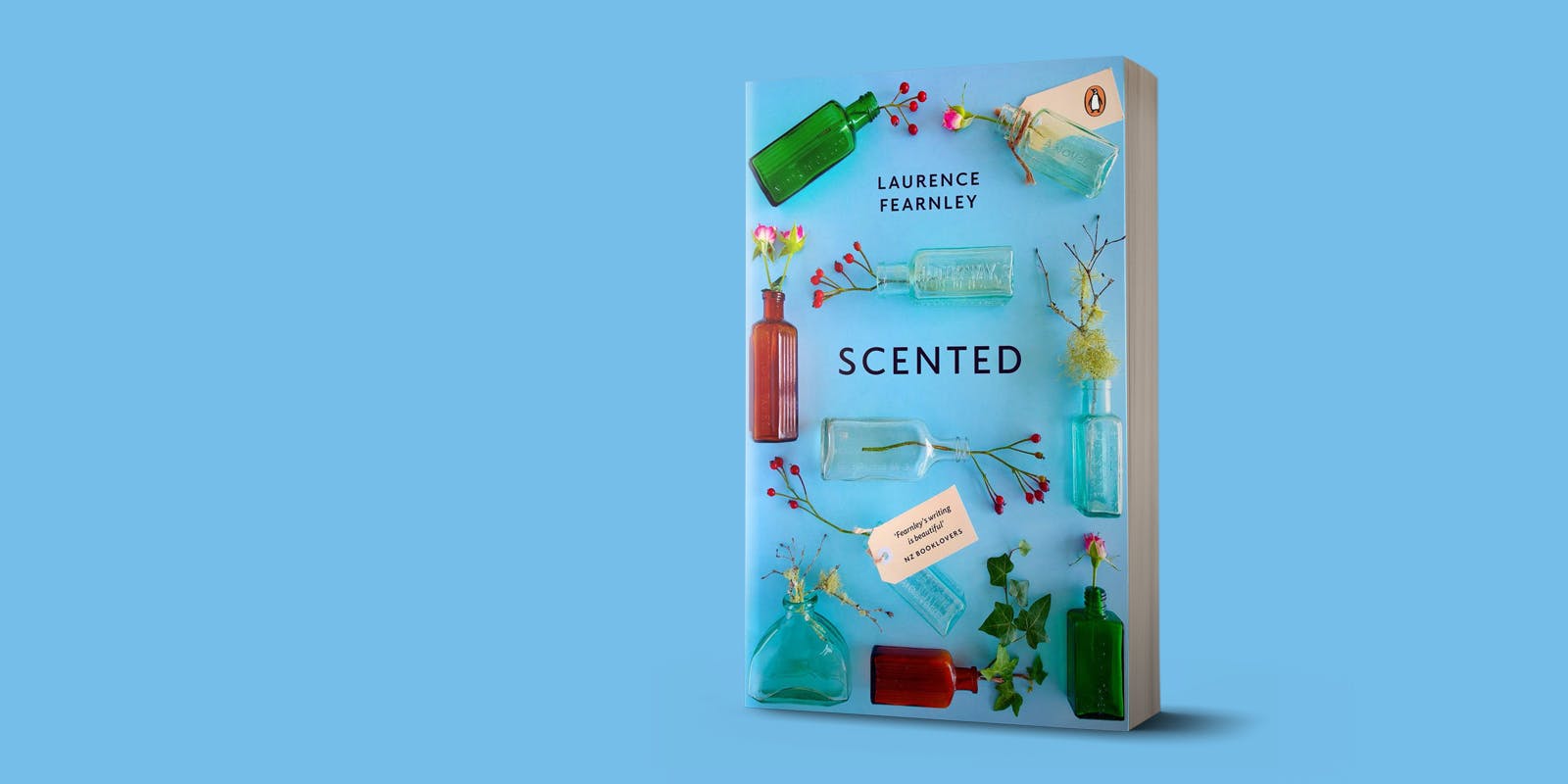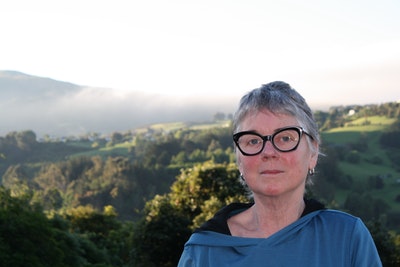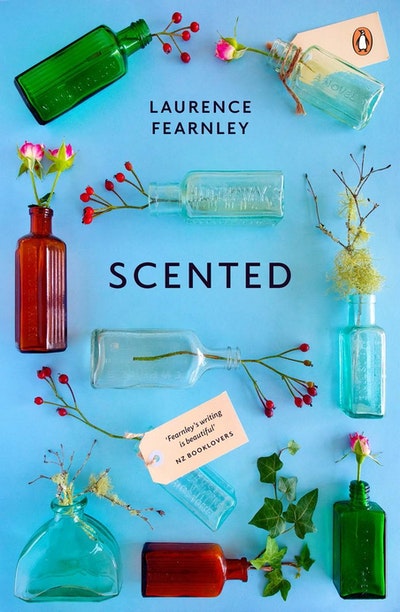Laurence Fearnley shares her process for writing Scented along with discussion points, ideas and questions for your next book club meeting.
I had two main themes going through my mind when beginning to write Scented. The first was related to scent and identity, and the other was related to the restructuring of the humanities divisions within universities. The latter was having a major impact on the teaching of the arts in this country, and at the University of Otago in my hometown.
Scented is structured like a traditional perfume. It is divided into three parts: base notes, heart notes and top notes. I started writing the base notes first as they establish the background to the action that takes place in the novel.
The body of the novel comprises the heart notes – the main plotline and theme of the novel. This central storyline focuses on Siân, a university lecturer in the American studies department at an unnamed (fictional) university in Auckland. As a result of restructuring of the humanities division, she loses her job and with it her sense of identity. In an attempt to find herself she begins to create a ‘signature scent’ – a perfume of ‘herself’ that captures her life story and helps redefine her during her struggle to find employment and save her home.
As she creates her signature scent, Siân begins to think about the ways in which scent preferences are shaped by our ancestral and cultural background as well as by our natural environment.
The top notes respond to Siân’s post-university life, her life working as a fruit-picker and supplementing her income through selling homemade perfume oils. In this section she wonders if there is such a thing as a ‘New Zealand’ scent and what it might be, and how it might shape our identity.
- I have long been interested in landscape and ‘place’ and have explored aspects of both in novels such as The Quiet Spectacular, The Hut Builder, Edwin and Matilda, Mother’s Day and Butler’s Ringlet. In many ways I regard myself as a ‘regionalist’, which is why most of my novels have been set in the South Island. Scented is located in an (imagined) Auckland and the North Island. Did the places described in the novel feel real to you?
- Siân teaches in the American studies department at her university and there are several references to American novels and culture in Scented. Does it concern you if departments like American studies (or Art History, Linguistics, Philosophy, etc.) are cut from universities or do you think those departments have lost their relevance in today’s world?
- The struggle to find employment is central to Siân’s story. How does her age impact on her ability to find work? What does this say about the way we treat skilled and experienced older workers?
- The identity of the protagonist, Siân, is strongly linked to her career. Do you think she finds herself, or reclaims herself, by the end of the novel? What do you think the future holds for her? Where will she go next?
- I admire the skill and craft that goes into the creation of perfume and I can see a lot of similarities between perfume making and the process of writing a novel. What do you think these similarities might be?
- In order to increase my sense of being ‘present’ in the environment, I began
- scent mapping my neighbourhood, taking note of all the smells I encountered each day. I noticed that my sense of smell seemed to be strongly influenced by my (British) Pākehā cultural background. I found it very easy to ‘smell’ and appreciate roses, for example, but much harder to respond to the less floral native plants. How do your scent preferences reflect and influence your personal and cultural identity?
- What did you know about perfume in Māori culture? How would you capture Aotearoa/New Zealand in scent?
- There are a few autobiographical references and stories in the novel. What do you think they are?
- What scent or scents best capture your identity?














